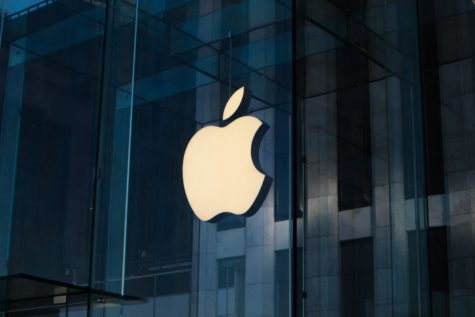Samsung becomes world’s largest cellphone brand, overtaking Nokia
April 27, 2012
LOS ANGELES — Samsung in the first quarter became the world’s largest cellphone brand for the first time, overtaking longtime market leader Nokia.
In the smartphone segment, Samsung remained in second place behind Apple, according to market research firm IHS iSuppli.
The South Korean electronics giant shipped 92 million cellphones worldwide in the first quarter, compared with 83 million for Nokia. While Samsung’s shipments declined by 13 percent from the fourth quarter of 2011, Nokia’s dropped by 27 percent.
In the smartphone segment, Apple shipped 35 million units in the first quarter compared with 32 million for Samsung. Apple’s smartphone shipments declined 5 percent from the fourth quarter, compared with 11 percent for Samsung.
First-quarter declines in the shipments of smartphones and cellphones reflect normal seasonal patterns, in which sales decrease after the peak holiday period in the fourth quarter.
“With cellphones now accounting for more than 40 percent of Samsung’s overall revenue, it’s clear that the company’s continued investments in smartphone hardware and software R&D are paying off,” said Wayne Lam, senior analyst of wireless communications at IHS. “The company is not only cashing in on the market’s shift to smartphones, but is also succeeding in other cellphone product categories, allowing it to capture the overall market lead.”
Lam noted that Samsung’s performance was even more impressive because its latest Galaxy S III handset has yet to be launched, with shipments set to start in May. “This indicates Samsung is likely to make further progress in market share in 2012,” he said.
With Samsung taking the leadership position, it will mark the first time since 1998 that Nokia has not been the No. 1 brand in the global cellphone market, IHS said.
“Samsung’s surpassing of Nokia for cellphone market leadership represents not only a changing of the guard among handset brands but also a fundamental shift in the structure of the wireless market,” said Ian Fogg, senior principal analyst, mobile, for IHS. “Cellphone market growth is now being generated exclusively by the smartphone segment, and not by the feature phones, entry-level cellphones and ultra-low-cost handsets that had fueled the industry’s expansion over the previous decade.”
Smartphones accounted for 34 percent of Samsung’s handset shipments in the first quarter; smartphones were just 14 percent of Nokia’s shipments.
Smartphones are the only segment of the global cellphone business expected to expand in 2012, IHS said. Global smartphone shipments are estimated to rise by 35 percent this year, while shipments for feature phones, entry-level phones and ultra-low-cost handsets are expected to decline. As a result, the smartphone segment will be single-handedly responsible for the overall cellphone business expansion of 7.4 percent in 2012.
Next year, smartphone shipments will rise to account for more than half of all cellphones for the first time, at 52 percent, up from 43.5 percent in 2012, IHS predicted.















